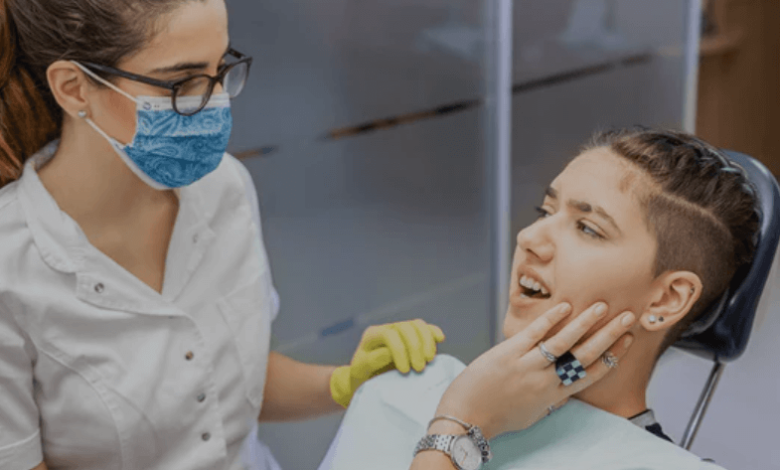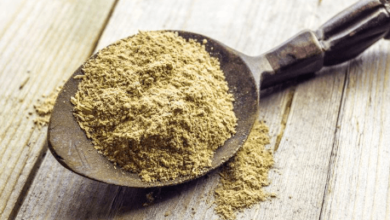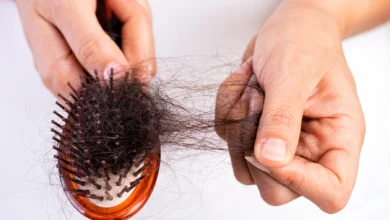Is Professional Teeth Cleaning Painful?

Professional teeth cleaning plays an essential role in keeping your teeth and gums healthy, but it’s not uncommon to wonder whether the process is painful. If you’ve avoided the dentist because you’re worried about discomfort, it’s reassuring to know that for most people, professional cleaning is a straightforward, manageable experience with only mild sensations.
What Happens During a Professional Teeth Cleaning?
A professional dental cleaning involves several steps designed to remove plaque, tartar, and surface stains that brushing and flossing at home can’t eliminate. Typically, the process includes:
- Scaling – using special tools to gently remove hardened plaque (tartar) from your teeth and along the gumline
- Polishing – smoothing the surfaces of your teeth to make it harder for plaque to build up again
- Flossing – cleaning between teeth to remove any remaining debris
- Fluoride treatment (in some cases) – strengthening enamel to help prevent cavities
These steps help protect your oral health by preventing gum disease, tooth decay, and bad breath.
See also: Digital Signage Trends in Healthcare
Does Professional Teeth Cleaning Hurt?
For most people, professional teeth cleaning is not painful. You may feel pressure or mild scraping sensations during the scaling step, but it shouldn’t cause sharp pain. Patients with healthy gums and minimal tartar build-up typically experience little to no discomfort.
However, if you have sensitive teeth or gum issues, you might notice some tenderness or irritation during and after the cleaning.
Factors That Can Affect Discomfort Levels
The level of discomfort during a cleaning can vary depending on several factors:
- The amount of plaque and tartar build-up – heavier deposits may require more scaling, which can feel more uncomfortable
- Gum health – inflamed or infected gums can be more sensitive to touch
- Exposed tooth roots – areas of gum recession can be more sensitive
- Overall sensitivity – naturally sensitive teeth or anxiety about dental care can heighten discomfort
If you’ve skipped dental visits for a while, or if you have gum disease, the cleaning process may feel a bit more intense. Fortunately, dentists use gentle techniques and can tailor treatment to keep you comfortable. If you’re due for a cleaning or wondering what to expect, professional teeth cleaning is a routine procedure that can be adjusted based on your needs.
How Dentists Minimise Discomfort
Dentists and hygienists are trained to make cleanings as gentle and comfortable as possible. Some ways they reduce discomfort include:
- Using modern, less invasive tools for scaling
- Applying numbing gels to sensitive areas if needed
- Offering local anaesthetic for patients with severe sensitivity or gum disease
- Communicating throughout the appointment to check your comfort level
If you’re feeling anxious, let your dental team know—they can take extra steps to help you feel at ease.
What to Expect After a Cleaning
It’s normal to have mild tenderness or tooth sensitivity for a day or two after a cleaning, especially if you had a lot of tartar removed or your gums were inflamed. This sensitivity usually fades quickly and can be managed with:
- Using a desensitising toothpaste
- Avoiding very hot or cold foods and drinks for a short time
- Taking over-the-counter pain relief if recommended by your dentist
Why Professional Cleaning Is Still Worth It
Even if you experience mild discomfort, professional teeth cleaning offers long-term benefits that far outweigh any short-term sensitivity. Regular cleanings help prevent gum disease, cavities, and tooth loss, while keeping your smile healthy and fresh.
By maintaining your cleaning schedule and addressing any concerns with your dentist, you can protect your oral health and reduce the likelihood of more serious (and potentially painful) dental issues in the future.
Last Thoughts
Professional teeth cleaning is a key part of preventive dental care and is generally not painful for most people. While some sensitivity or mild discomfort is normal—especially if it’s been a while since your last visit—these feelings are temporary and manageable. Communicating with your dentist and staying on top of regular cleanings will help ensure a healthier, more comfortable experience every time.




